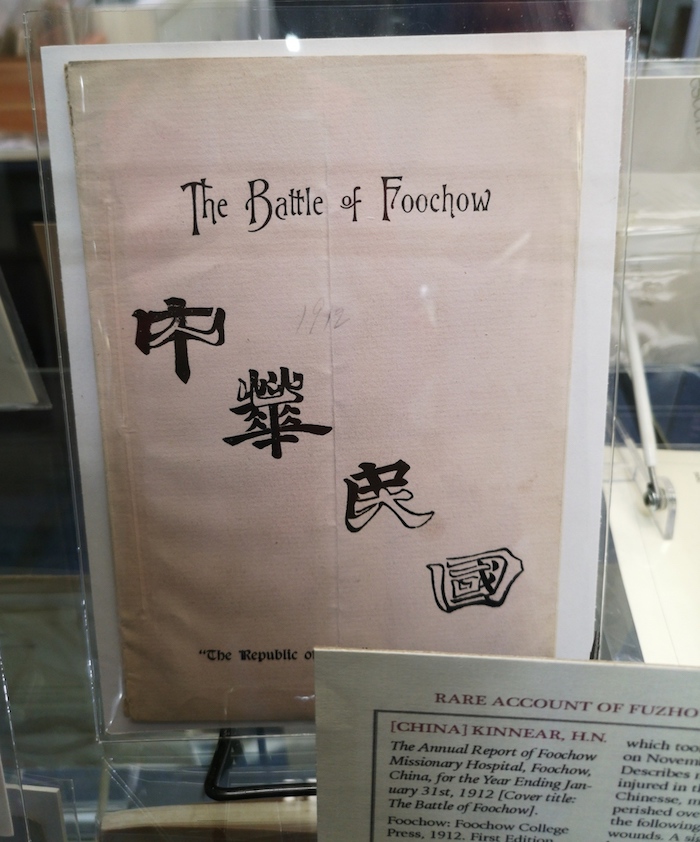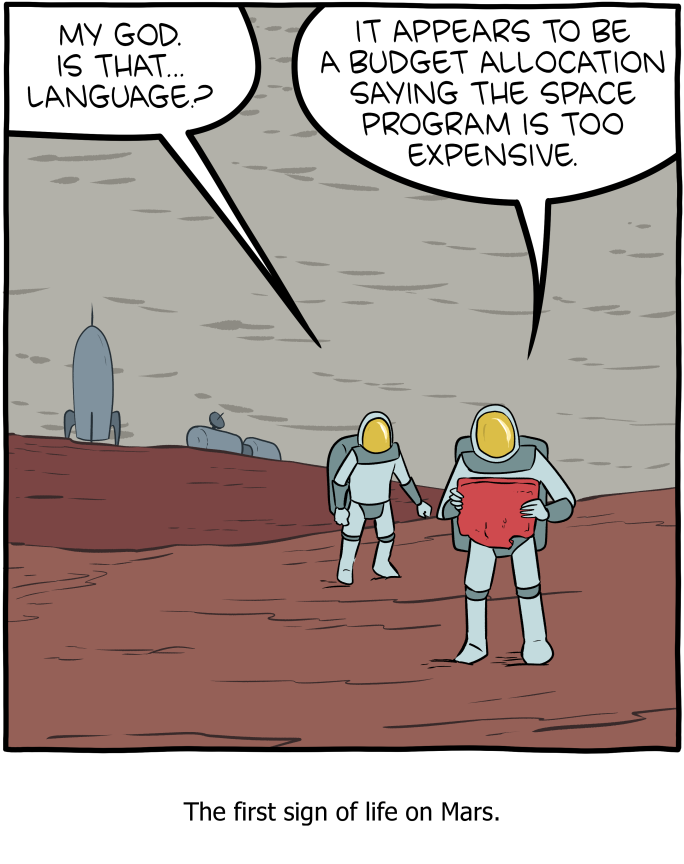Know your Ossetians
We here at Language Log know our Ossetians:
"Blue-Green Iranian 'Danube'" (10/26/19)
"Sword out of the stone" (8/9/08)
And we know our Scythians, who are closely linked to the Ossetians, too:
"Of reindeer and Old Sinitic reconstructions" (12/23/18)
"Horses, soma, riddles, magi, and animal style art in southern China" (11/11/19)
"Of armaments and Old Sinitic reconstructions, part 6" (12/23/17)
"Of horse riding and Old Sinitic reconstructions" (4/21/19)
"Of jackal and hide and Old Sinitic reconstruction" (12/16/18)
Now Richard Foltz (a cultural historian specializing in ancient Iranian religion), on his blog, "A Canadian in Ossetia: Life in the central Caucasus", has given us the opportunity to greatly expand our knowledge of Ossetian / Ossete / Ossetic and the Ossetians who speak it with two new, substantial articles:
Read the rest of this entry »


